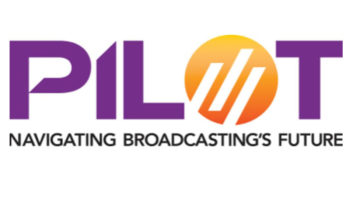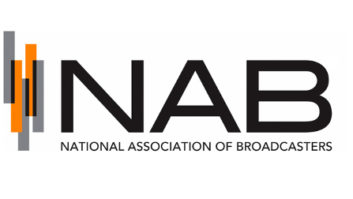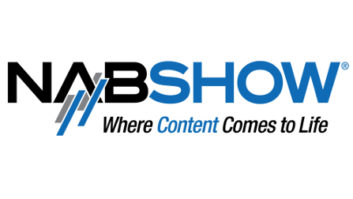NAB is all for having the FCC apply its online public file rules to satellite and cable, telling the agency there’s “no rational basis” to require TV stations, but not their video competitors, to disclose online public and political file materials, including sensitive ad rate information.
But when it comes to extending the online public file rules to radio, several things give the broadcast trade lobby pause.
We reported initial comments were due to the commission yesterday on the issue and broadcasters raised several issues for the agency to consider when and if the FCC extends to radio its current television requirement for station’s public files to be posted to its online database.
NAB agrees with the consumer groups that petitioned the agency that it would be fairly simple to extend the requirements to cable and satellite because the database has been created, and NAB suggests the FCC proceed with a rulemaking to do that.
However there are “significantly more logistical and practical issues” that need to be addressed before the agency turns its focus to radio, notes NAB. There are 15,425 total licensed radio stations in the FCC database — more than seven times the number of full-power and Class A television stations that already have placed their public inspection files online, says NAB. “Thus, the sheer number of radio and television stations, along with cable and DBS, could place a strain on the commission’s existing database, particularly during high volume filing times.”
That could come into play big time on high-volume filing days, such as when stations are required to place quarterly program/issues lists in their public file on the 10th of January, April, July and October. “Having 17,639 broadcast entities upload on the same four dates, as well as requiring all entities to keep their political files current, could severely constrain the commission’s online public file database on these filing dates,” notes NAB. The FCC’s own help desk, for example, “routinely” advises TV stations to wait until after-hours to upload documents, according to the lobbying organization, which strains a station’s already limited resources.
That’s why the broadcast trade lobby suggests the commission consider increasing its online capacity to accommodate the significant increase in network traffic; and contemplate ways to stagger filings as well as use a phase-in approach for broadcast radio stations to relieve network congestion. Any possible Notice of Proposed Rulemaking should also consider the staffing level differences among radio stations as well as their access to resources to manage online public files, such as whether a station has automated its advertising traffic services, has in-house computer resources and in-house broadband capacity. What should also be considered is whether a station is even located in an area that has Internet access, according to NAB.
NAB recommends the commission seek comment on a phased-in approach for radio to allow small and medium market stations more time to transition and ask what exemptions may be appropriate.











